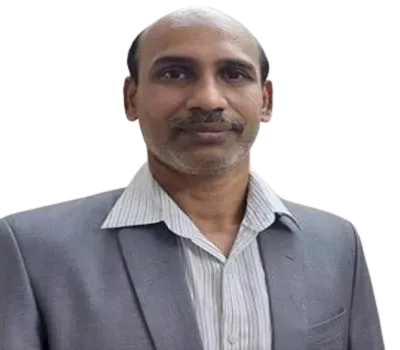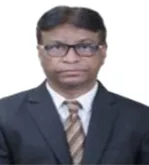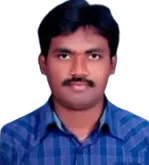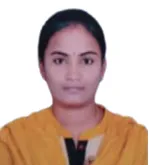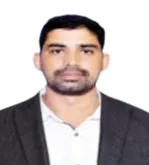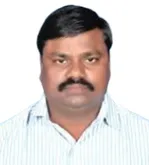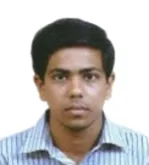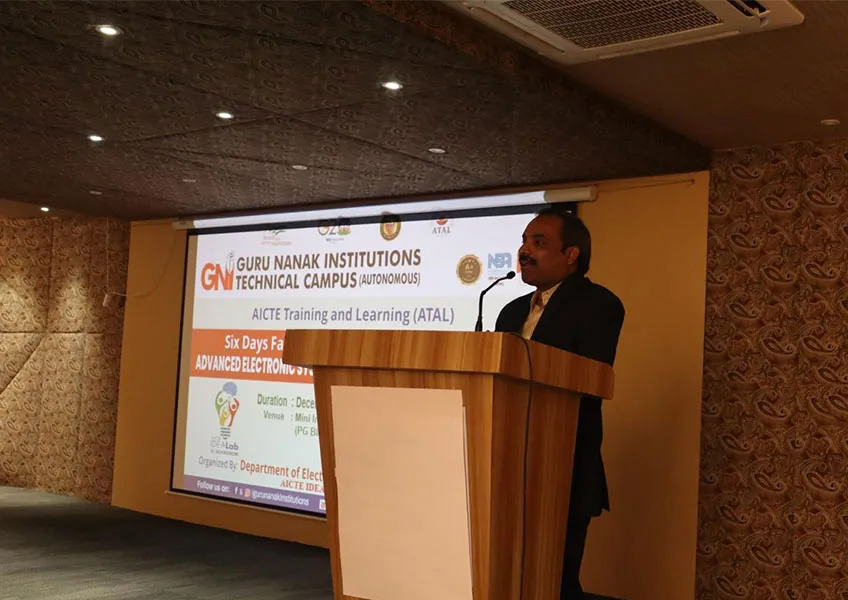Dr. S. Maheswara Reddy received his B.Tech. degree in Electronics and Communication Engineering from RVR & JC College of Engineering, Nagarjuna University, Guntur, Andhra Pradesh, India. He finished his M.Tech. in Electronics and Communication Engineering from JNTUH, Hyderabad, Telangana, India.
He completed his Ph.D. in Electronics and Communication Engineering from JNTUH, Hyderabad. Telangana, India. Presently He is working as a Professor & Head ECE Department in Guru Nanak Institutions Technical Campus, Hyderabad. He is having Total Experience in Teaching of more than 23 Years. He is having the membership In the professional bodes like ISTE.
He has published 12 papers in International Journals and 4 papers in International Conferences. He has 02 Indian Patent Publications and 01 Australian Patent Grant.

